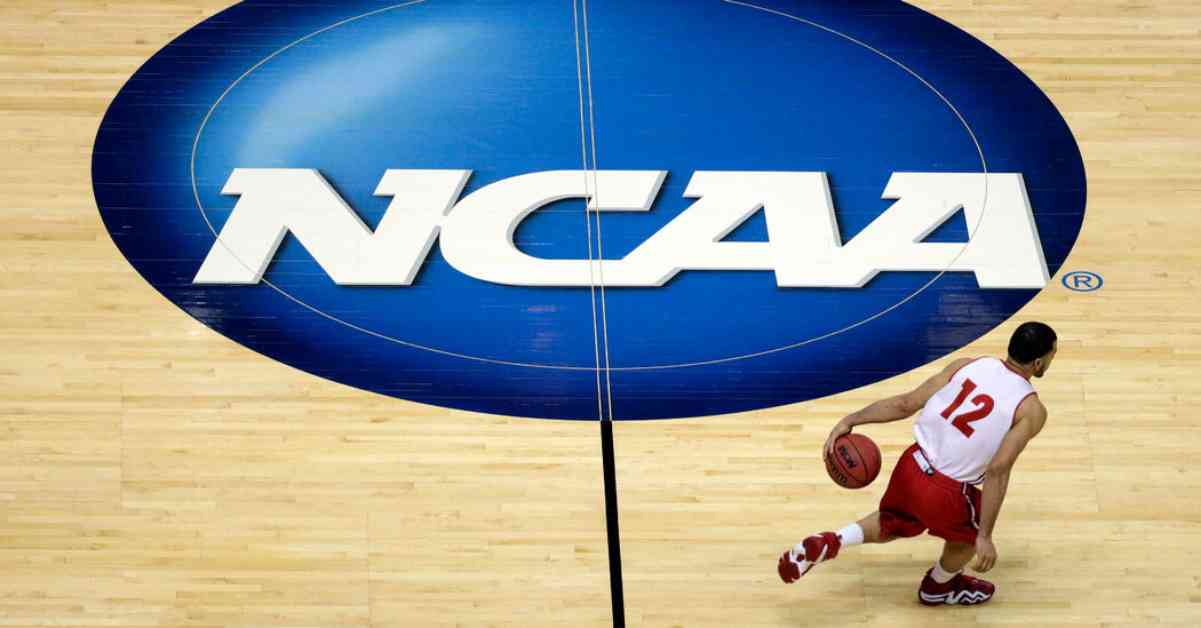The N.C.A.A. and the richest college athletic conferences, along with plaintiffs’ lawyers, have reached a $2.8 billion settlement agreement for their class-action antitrust lawsuit. This agreement could mark the end of the long-standing amateur model of college athletics.
If approved by a federal judge in California, this settlement would allow schools to pay college athletes directly for the first time. This move comes as the amateur model has faced increasing challenges from lawsuits and legislative actions in recent years.
The proposed settlement, known as House v. N.C.A.A., would usher in a new era for college athletics. Schools could potentially start paying athletes up to slightly over $20 million per year, with this cap increasing in tandem with college athletics revenues. This arrangement is set to last for a duration of 10 years.
Moreover, the agreement also includes provisions for tens of thousands of football and men’s basketball players to receive retroactive payment for their television and marketing rights. However, it does not address the issue of Title IX, which prohibits gender discrimination in college sports programs.
In an effort to gain further protection from antitrust lawsuits and employee status claims for athletes, the N.C.A.A. intends to leverage this settlement agreement with Congress. Additionally, an external entity would be established to oversee name, image, and likeness deals for athletes. Any deal exceeding $600 would need to be reported to the athlete’s school, and a clearinghouse would be established to assess the fairness of these agreements.
Overall, this settlement agreement marks a significant shift in the landscape of college athletics and could potentially lead to a more equitable compensation system for student-athletes. It remains to be seen how these changes will impact the future of collegiate sports and the experiences of athletes across the country.




